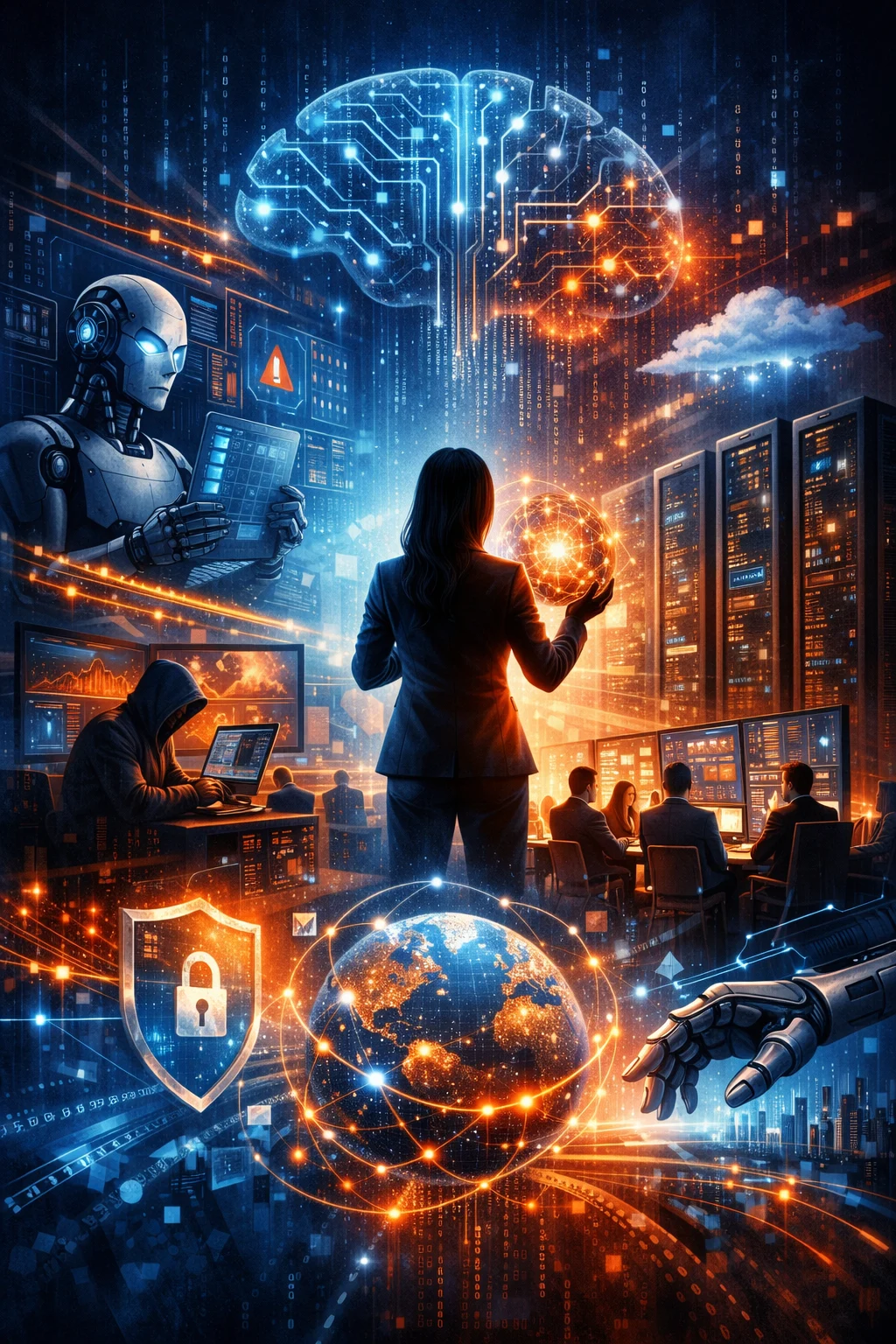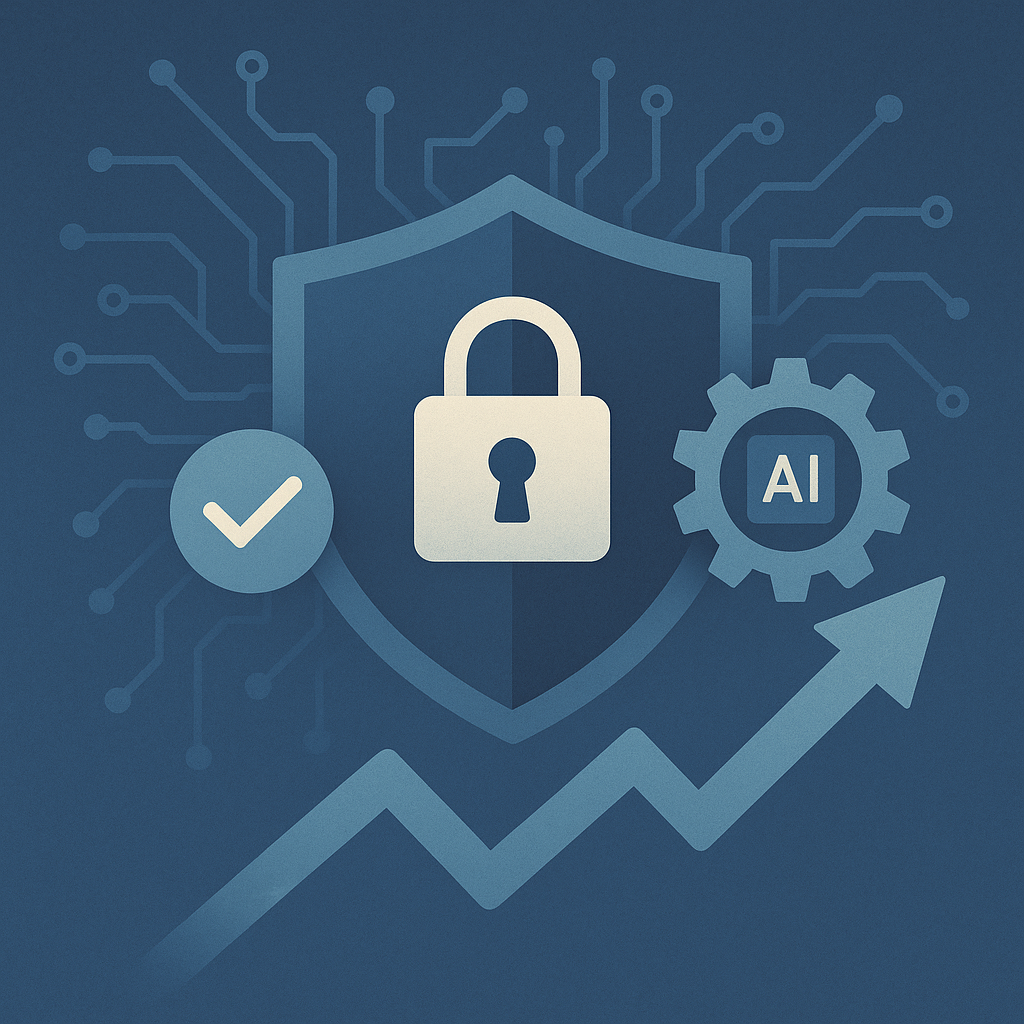
Vice President – Technology & Business Development
SCS Tech India Pvt Ltd
As cyberattacks intensify across India’s critical infrastructure in 2025, organizations face unprecedented challenges in building digital resilience. From sophisticated ransomware campaigns targeting enterprises to evolving threats in the rapidly expanding digital banking sector, the cybersecurity landscape demands strategic recalibration. In this exclusive interview, Dhiraj Udapure, Vice President of Technology & Business Development at SCS Tech India Pvt Ltd, shares his insights on the top priorities for strengthening India’s cyber defenses. Drawing from his expertise in AI/ML-driven security solutions and cross-sector implementations, Udapure discusses how organizations can foster cyber-aware cultures while leveraging emerging technologies to scale security operations effectively.
CISO Forum: With cyberattacks on the rise in 2025, especially across critical sectors, what do you believe are the top priorities for building digital resilience in India?
Dhiraj Udapure: India’s digital landscape is evolving rapidly, and so are the threats targeting critical sectors like energy, finance, and public infrastructure. The top priorities for building digital resilience include:
- Strengthening foundational cybersecurity frameworks by adopting robust, scalable, and adaptive security architectures that can withstand evolving threats.
- Investing in advanced threat detection and response by leveraging AI/ML-driven analytics for real-time monitoring, anomaly detection, and automated incident response.
- Modernizing legacy infrastructure to reduce vulnerabilities and ensure compatibility with modern security protocols.
- Promoting public-private collaboration to share threat intelligence and best practices across sectors as it creates a unified defense posture.
- Continuous workforce training to ensure that employees at all levels are equipped to recognize and respond to cyber threats.
CISO Forum: Ransomware threats have become more targeted and disruptive. How should Indian enterprises and government agencies recalibrate their cybersecurity strategies to respond effectively to emerging threats?
Dhiraj Udapure: Ransomware attacks are increasingly sophisticated and targeted. To respond effectively, organizations must adopt a zero-trust security model, automate threat detection and response, regularly back up critical data, conduct frequent vulnerability assessments, and develop incident response plans.
CISO Forum: Digital banking and payments have seen rapid adoption, but also rising risks. What specific measures must be taken to secure India’s financial ecosystem?
Dhiraj Udapure: Securing India’s financial ecosystem requires a multi-layered approach:
- End-to-end encryption and secure authentication
- AI-powered fraud detection
- Regulatory compliance and continuous monitoring
- Customer awareness about phishing, social engineering, and safe digital practices
- Collaboration with fintech and regulatory bodies
CISO Forum: Cybersecurity isn’t just about technology—it’s also about people. How can organizations foster a culture of cyber awareness and ensure compliance across all levels?
Dhiraj Udapure: A resilient cybersecurity culture is built on:
- Regular training and simulated exercises: Conducting ongoing cyber awareness programs and simulated phishing attacks to keep employees vigilant.
- Clear policies and accountability: Establishing and communicating security policies, with defined roles and responsibilities.
- Leadership commitment: Senior management must champion cybersecurity initiatives and allocate necessary resources.
- Recognition and feedback: Encouraging employees to report incidents and rewarding proactive behavior.
- Integrating security into daily operations: Making cybersecurity a core part of organizational processes, not just an IT function.
CISO Forum: SCS Tech operates across diverse sectors, leveraging AI/ML, cloud, and intelligent automation. Can you share examples of how these technologies are helping clients strengthen security while enabling scalability?
Dhiraj Udapure: At SCS Tech, we blend cutting-edge technologies to deliver secure, scalable solutions:
- AI/ML-driven analytics for disaster management: Our integrated Analytics and Forecast System, powered by GIS and AI, provides real-time situational awareness, early warnings, and more intelligent decision-making for emergency response teams.
- Custom Security Operations Centres (SOCs): We have set up SOCs with SIEM and SOAR integration, automating threat detection and incident response for clients in critical sectors.
- Intelligent automation in urban infrastructure: Our AI/ML-based solutions for solid waste management and urban sanitation enable real-time tracking, data analytics, and operational efficiency, reducing risks and improving compliance.
- Cloud-native platforms for resilience and scalability: By modernizing data centers and deploying hybrid cloud models, we help clients achieve high performance, security, and seamless scalability.
- Predictive analytics for risk mitigation: Our AI-powered tools analyze large datasets to predict and prevent potential threats, ensuring business continuity and regulatory compliance.



